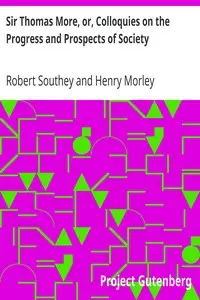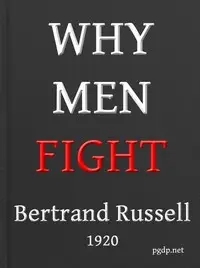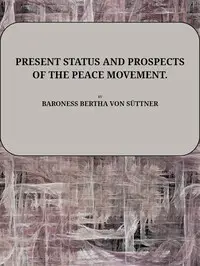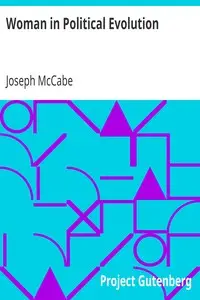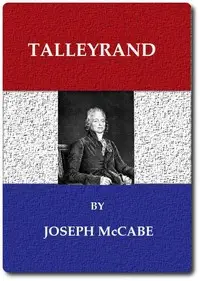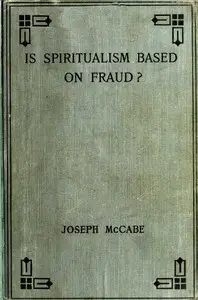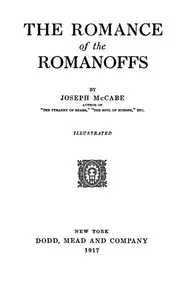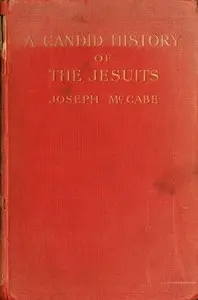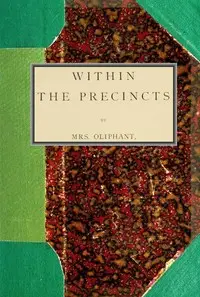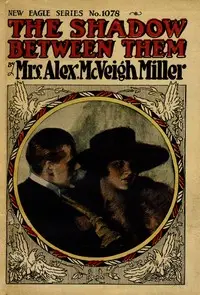** "The Tyranny of Shams" by Joseph McCabe is a thought-provoking analysis of early 20th-century society, pushing for change by questioning long-held military and social customs. The book champions the idea that a unified global community can build a fairer world, urging readers to let go of old ideas that hold us back. Right from the start, the author makes it clear that he's going to take on the existing system, pointing out the "shams," especially the focus on military strength, that keep conflict and suffering alive. McCabe argues for honesty and truthfulness, suggesting that solving disagreements through peaceful talks could stop the terrible effects of war. He also suggests that a forward-thinking, scientific approach could guide social improvements, calling for everyone to work together to make life better for all, instead of letting old ways control the future. **
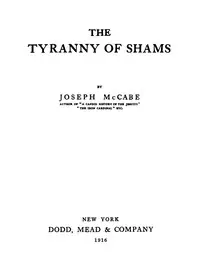
The Tyranny of Shams
By Joseph McCabe
** In a world choked by outdated traditions, one author dares to expose society’s lies, envisioning a future where unity and reason triumph over war and injustice.
Genres
Released
2020-08-17
Formats
mobi (images)
epub
mobi
epub (images)
epub3 (images)
txt
Free Download
Summary
About the AuthorJoseph Martin McCabe was an English writer and speaker on freethought, after having been a Roman Catholic priest earlier in his life. He was "one of the great mouthpieces of freethought in England". Becoming a critic of the Catholic Church, McCabe joined groups such as the Rationalist Association and the National Secular Society. He criticised Christianity from a rationalist perspective, but also was involved in the South Place Ethical Society which grew out of dissenting Protestantism and was a precursor of modern secular humanism.
Joseph Martin McCabe was an English writer and speaker on freethought, after having been a Roman Catholic priest earlier in his life. He was "one of the great mouthpieces of freethought in England". Becoming a critic of the Catholic Church, McCabe joined groups such as the Rationalist Association and the National Secular Society. He criticised Christianity from a rationalist perspective, but also was involved in the South Place Ethical Society which grew out of dissenting Protestantism and was a precursor of modern secular humanism.
Total Reviews
10.0k
Total reviews from Goodreads may change



